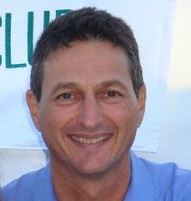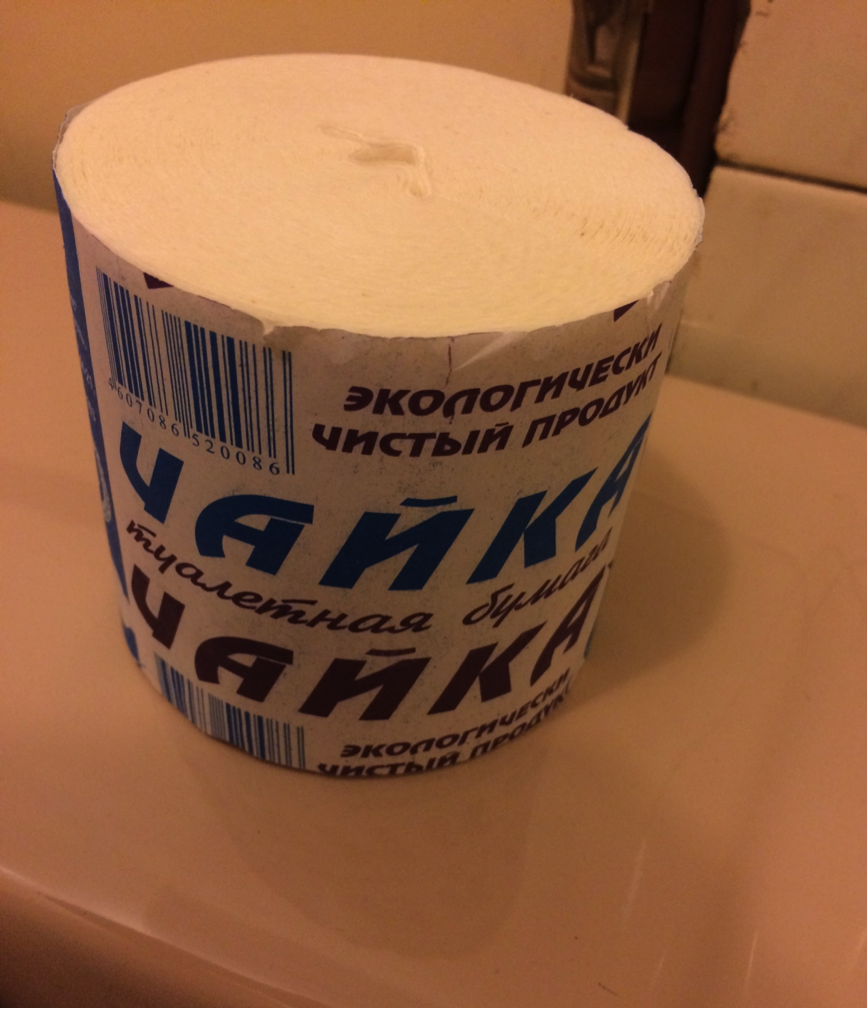I recently spent a month in Russia. I saw a lot of interesting things. In Russia, the rolls of toilet paper don’t have that cardboard tube in the center on which the paper is rolled. It is all paper, and the holder is just a skinny metal shaft that pierces the center and wallah, it spins nicely.
“Big deal” says you.
Well think about this. The average American household uses about two rolls per week. There are about 200,000,000 households in America (not counting all the public places). At 2 x 52 weeks a year x 200,000,000 = 208,000,000! TWO HUNDRED AND EIGHT MILLION CARDBOARD TUBES, and that’s a lot of trees. For what? To hold toilet paper.
So you are probably wondering where in the world I am going with this on a SkipJack Blog. Writers love words, especially their own words. Once they put them on paper, it is very, very hard for you guys to part with them.
I may be a tad biased but my wife Pamela Fagan Hutchins is wonderful at scene-setting and description. She writes beautiful sentences. When I read them in draft versions of her books I love them all, I want her to keep them all, I argue with her when she starts to chop. But chop she does. Thousands of words in a sitting sometimes. I want to cry. I know the books will never be the same. And I am right, because the result is better. Better.
I know there is a place in literature for really long books with really long paragraphs made up of really long sentences that use every word in the dictionary and some that may not even be there anymore. And scholars will sit around and sip wine and talk about the magnificence of those books. But for me, I just don’t want to work that hard.
I want to be entertained. I want reading to be a joy, effortless. Like riding down a slide at a water park, exciting with no effort. I think most readers today are like me.
When you get to that stage where your draft is done and rewrites are starting, remember that the end product is not for you and your ego (OK, unless it really), it’s for your readers. Don’t let your final product be a part of those 208
 million cardboard tubes that just get thrown away. In the end, your roll may be smaller but it will have more of what people want.
million cardboard tubes that just get thrown away. In the end, your roll may be smaller but it will have more of what people want.
Eric
Eric R. Hutchins is the owner of SkipJack Publishing

My friend, Christina, teases me almost without mercy regarding my 56-word sentences. Not all of my sentences have 56 words, but I’d be lying if I didn’t own up to the fact that I do tend to run on from time to time. It’s SO HARD to admit that some of those words are NOT necessary. Your analogy is perfect, though. And I totally get the “don’t want to work that hard” thing. I had a literature teacher in college at Sam Houston State — oh, my gosh. EVERY single word and punctuation mark had SOME SORT OF SIGNIFICANT SYMBOLISM. I mean, really? Is it completely impossible to read a story for the story’s sake, or MUST WE FIND the details of the main character’s 30 year estrangement from his father explained in the cup of cold coffee left on the kitchen counter?
😉
Lol re the cup of coffee. I think too if we as writers work really hard the reader doesn’t have to. You can see beautiful, layered, nuanced, smart writing in books that aren’t punishing to the reader. Just one woman’s humble opinion 🙂
A very good opinion, in my own opinion. 😉
This spoke to me, Eric. I just wrote a novella (a prequel) about my main character from my debut novel. I was delighted when I ended my first draft with 119 pages! The felt like it had real value. By the time, I finished my second draft and sent it to beta-readers, my novella was down to 102. It physically hurt me to cut out 17 pages, but I had to keep reminding myself that it was more important to have a well-paced read, than a longer page count.
Thanks Marcy. I think you were smart. Pamela said it moved at a great pace, too.
See? The pain is worth it because less is so much more for the reader!